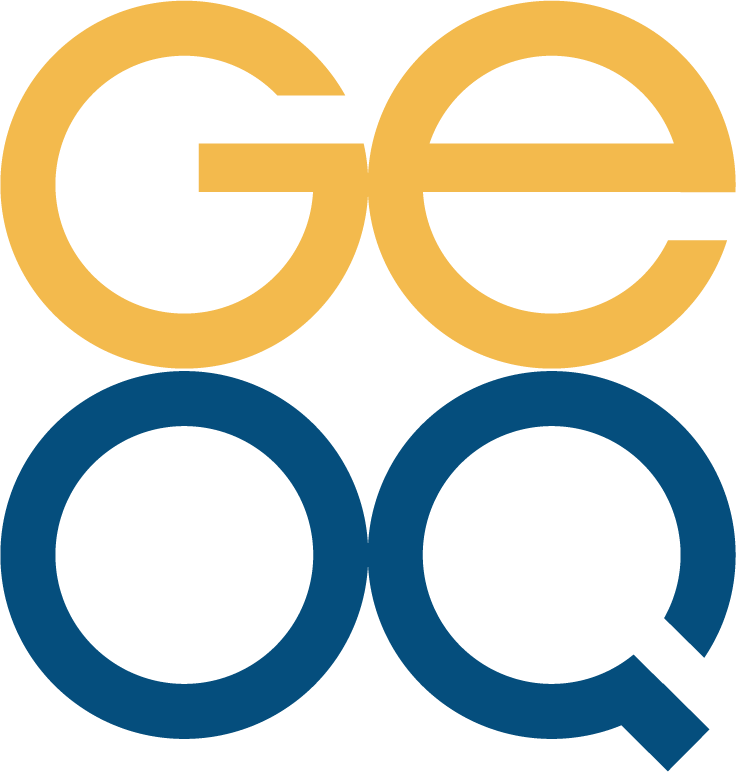| TITRE |
Une étude multicentrique randomisée de phase 2/3 de MOR00208 avec bendamustine versus rituximab avec bendamustine chez des patients atteints d’un lymphome diffus à grandes cellules B récidivant ou réfractaire (LDGCB RR) qui ne sont pas admissibles à la chimiothérapie à haute dose (CHD) et à la greffe autologue de cellules souches (GACS) |
| PROTOCOLE ID |
B-MIND |
| CLINICAL TRIAL.gov ID |
NCT02763319 |
| TYPE(S) DE CANCER |
Lymphome non-hodgkinien (LNH) |
| PHASE |
Phase II |
| TYPE D'ÉTUDE |
Clinique |
| INSTITUTION |
CISSS DE LA MONTEREGIE-CENTRE
3120 boulevard Taschereau
(450) 466-5000
|
| VILLE |
Greenfield Park
|
| INVESTIGATEUR(RICE) PRINCIPAL(E) |
Line Srour
|
| COORDONATEUR(RICE) |
Marie-Ève Yelle
marie-eve.yelle.cisssmc16@ssss.gouv.qc.ca
450-466-5000 poste 3281
|
| STATUT |
Fermé
|
| CRITÈRES D'ÉLIGIBILITÉ |
(EN)
- Age ≥18 years
- Histologically confirmed diagnosis, according to the World Health Organization (WHO, 2008) classification, of: DLBCL NOS, THRLBCL, EBV-positive DLBCL, composite lymphoma with a DLBCL component with a DLBCL relapse subsequent to DLBCL treatment, disease transformed from an earlier diagnosis of low grade lymphoma (i.e. an indolent pathology such as follicular lymphoma, marginal zone lymphoma) into DLBCL with a DLBCL relapse subsequent to DLBCL treatment.
- Fresh tumour tissue for central pathology review must be provided as an adjunct to participation in this study. Should it not be possible to obtain a fresh tumour tissue sample, archival paraffin embedded tumour tissue acquired ≤3 years prior to screening for this protocol must be available for this purpose.
-
Patients must have:
- relapsed or refractory DLBCL
- at least one bidimensionally measurable disease site. The lesion must have a greatest transverse diameter of ≥1.5 cm and greatest perpendicular diameter of ≥1.0 cm at baseline. The lesion must be positive on PET scan
- received at least one, but no more than three previous systemic therapy lines for the treatment of DLBCL. At least one previous therapy line must have included a CD20-targeted.
- ECOG 0 to 2
- Patients after failure of ASCT or patients considered in the opinion of the investigator currently not eligible for HDC with subsequent ASCT.
-
Patients must meet the following laboratory criteria at Screening:
- ANC ≥1.5 × 109/L (unless secondary to bone marrow involvement by DLBCL)
- PLTs ≥90 × 109/L (unless secondary to bone marrow involvement by DLBCL) and absence of active bleeding
- total serum bilirubin ≤2.5 × ULN unless secondary to Gilbert's syndrome (or pattern consistent with Gilbert's) or documented liver involvement by lymphoma. Patients with Gilbert's syndrome or documented liver involvement by lymphoma may be included if their total bilirubin is ≤5 x ULN
- ALT, AST and AP ≤3 × ULN or <5 × ULN in cases of documented liver involvement by lymphoma
- serum creatinine ≤2.0 x ULN or creatinine clearance must be ≥40 mL/min calculated using a standard Cockcroft-Gault formula (Cockroft & Gault, 1976)
- For a female of childbearing potential (FCBP), a negative pregnancy test must be confirmed before enrolment. An FCBP must commit to take highly effective contraceptive precautions without interruption during the study and for 3, 6 or 12 months after the last dose of MOR00208, BEN or RTX respectively, whichever is later. An FCBP must refrain from breastfeeding and donating blood or oocytes during the course of the study and for 3, 6 or 12 months after the last dose of MOR00208, BEN or RTX respectively, whichever is later. Restrictions concerning blood donations apply as well to females who are not of childbearing potential.
- Males must use an effective barrier method of contraception without interruption during the study and for 3, 6 or 12 months after the last dose of MOR00208, BEN or RTX respectively, whichever is later, if the patient is sexually active with an FCBP. Males must refrain from donating blood or sperm during study participation and for 3, 6 or 12 months after the last dose of MOR00208, BEN or RTX respectively, whichever is later.
-
In the opinion of the investigator, the patients must:
- be able to comply with all study-related procedures, medication use, and evaluations
- be able to understand and give informed consent
- not be considered to be potentially unreliable and/or not cooperative.
|
| CRITÈRES D'EXCLUSION |
(EN)
Prior history of malignancies other than DLBCL, unless the patient has been free of the disease for ≥3 years prior to Screening. Exceptions to the ≥3-year time limit include history of the following:
- incidental histological finding of prostate cancer (Tumour/Node/Metastasis [TNM] stage of T1a or T1b)
- basal cell carcinoma of the skin
- squamous cell carcinoma of the skin
- carcinoma in situ of the cervix, breast and bladder
-
Patients with:
- positive hepatitis B and/or C serology
- known seropositivity for or history of active viral infection with HIV
- evidence of active, severe uncontrolled systemic infections or sepsis
- a history or evidence of severely immunocompromised state
- a history or evidence of severe hepatic impairment (total serum bilirubin > 3 mg/dL), jaundice unless secondary to Gilbert's syndrome or documented liver involvement by lymphoma
- a history or evidence of clinically significant cardiovascular, cerebrovascular, CNS and/or other disease that, in the investigator's opinion, would preclude participation in the study or compromise the patient's ability to give informed consent
|
